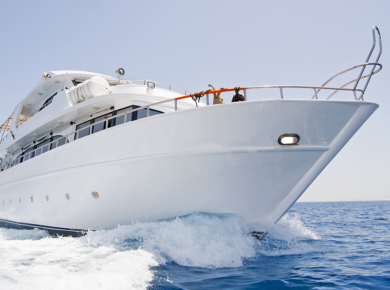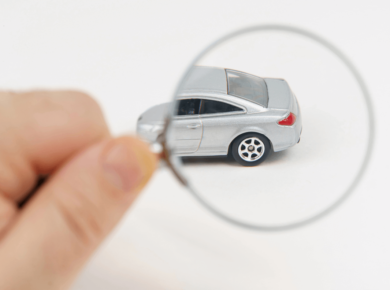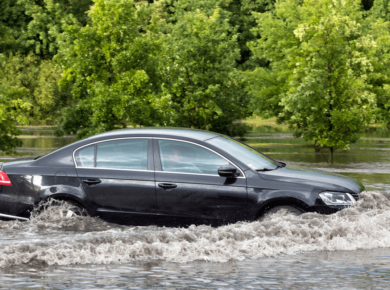Boating is a preferred getaway from the mundane life for more than 75 million Americans who indulge in recreational boating, every year. If you love fishing or navigating ocean waters during weekends, a boat can be your best companion. Although there is no dearth of options if you are planning to go for salvage boats for sale, you need to learn about your insurance options before you put your money on the table. Therefore, to help, in this blog post, we discuss the various attributes of boat insurance, including, eligibility factors, types, and coverage.
Eligibility Factors
Insurance companies consider a number of factors before offering insurance for a salvage boat. Ideally, almost every vessel, including a sailboat, qualifies for insurance, the difference is the variation in insurance costs. A few of the ruling factors include:
- Age of the boat
- Size
- Horsepower/Speed
- Compliance with US Coast Guard Factors during the build phase
- Type, such as sailboat, cruiser, bass boat or salt-water fishing boat
- Ownership
- Authenticity through means of a serial number
Types of Boat Insurance
There are two types of boat insurance options, based on the way of calculating the depreciation in the value of the boat. Therefore, you need to understand the clauses under each insurance before signing on the dotted line. Let’s take a look.
Agreed Value
The agreed value covers the actual market value of the boat at the time of buying the insurance, and clearly outlines the compensation you will receive, in the event of a mishap. While this insurance option may cost more upfront, there is negligible depreciation in the claim amount if the boat suffers any damage. Although some of the partial damages may be depreciated, agreed value is still one of the most sought after means of boat insurance, as the owners are aware of the claim amount, before they sign the policy.
Actual Cash Value
Compared to agreed value, actual value insurance costs less; however, on the downside, it takes depreciation into account while calculating a compensation. The actual amount you are eligible to claim depends upon the extent of the damage, and wear and tear. If, for instance, the your boat’s body was rusted, the policy will factor the depreciation when processing your claim. Your insurer may insist on actual cash value insurance, if you have an old boat that is more vulnerable to mechanical or climatic issues. Moreover, if you boat in a hurricane-prone zone, your insurer may offer you an additional hurricane plan, too.
Types of Coverage
Boat insurance coverage depends on the type of policy. Broadly classifying, the options include:
Salvage
Insures your salvage boat from minor to substantial damages.
Consequential Damage
Covers losses resulting from rot, mold or corrosion.
Specialized Coverage
Covers losses in specific parts of the boat such as an expensive prop or navigational equipment.
The Way Forward
Whether you buy a new or salvage sailboat for sale at auctions, many insurers offer attractive insurance premiums if you furnish records of good boat driving or have finished boater education classes. If you wish to buy a wrecked sailboat for sale, Salvage Bid is the name you can trust. We have a consistent record of supplying salvage title boats from leading brands, such as Chrysler, Maxum, Scout, and Yamaha. If you require more information about any of the salvage boats listed with us, reach out to our support team on +1 (360) 347-1300.





